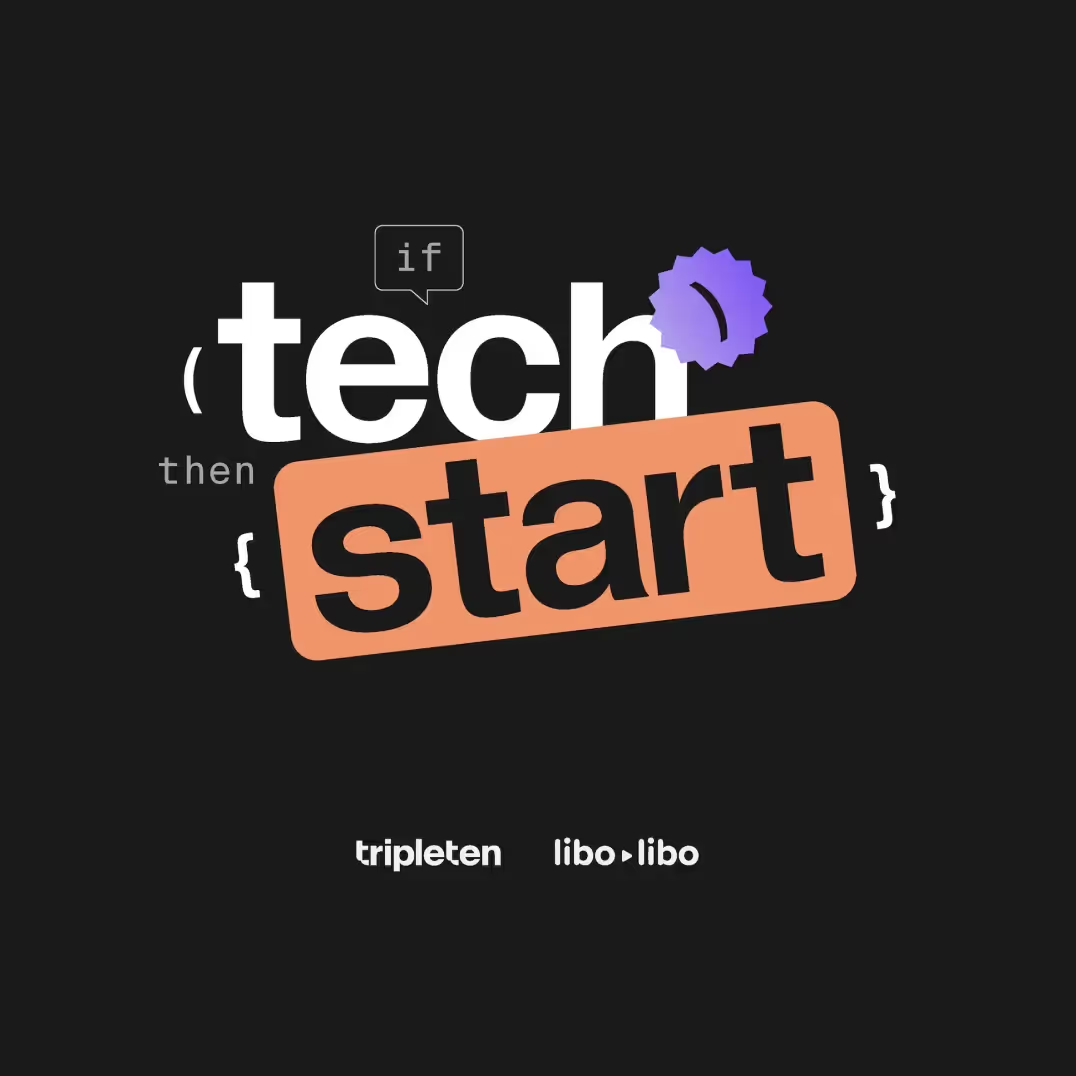
In recent years, the importance of soft skills in the tech field has skyrocketed, especially with the advent of remote work! Naturally, we’ve been getting lots of questions from you on what employers are looking for, how we teach soft skills at TripleTen, and how to tackle the infamous impostor syndrome. Check out this Q&A with our career department and Career Product Lead Anastasia Cherepanova and learn the most useful insights on soft skills.
Why are soft skills important?
If you’ve ever explored employment in the tech field, surely you’ve noticed the importance of both hard and soft skills in landing a role. Hard skills are an obvious requirement because, well, they are what you will be doing! Soft skills, on the other hand, ensure that you can collaborate with other people and get the job done. Remote work is popular nowadays, so you’re likely to end up in a distributed team, composed of people from different cultures and backgrounds. Soft skills are the glue that keeps such teams together and makes them efficient. To succeed in this, candidates need to have not only basic communication skills, but also be agile and resilient. Besides, even if your tech skills don’t match all job requirements, employers know you can still be successful in your role and learn as you work. Learning how to communicate from scratch, though, would be extremely difficult, so it’s unlikely you’d be hired with no soft skills.
What soft skills do employers want?
While there’s no one-size-fits-all list, we can narrow it down to the most in-demand ones. Our market research and conversations with recruiters show that if you want to break into tech, it's important to acquire the following skills:
- Learning agility
- Teamwork
- Team management
- Goal setting
- Business thinking
- Self-driven approach
- Storytelling
Regardless of whether you are learning software engineering, data science, or data analytics, this skillset will help you to stand out from other candidates.
How do we teach soft skills at TripleTen?
In short, the same way we teach everything – by example and practice! We integrate soft skills and career lessons in our bootcamps. We know our students are very busy, so we try to keep things easy and digestible. For example, technical sprints have additional theoretical sections with soft skill tips and best practices that we collected from the market. (At TripleTen, learning programs are split into a number of sprints that combine theory, coding practice, and practical assignments that have to be completed to unlock the next sprints.) We use relatable characters to tell soft skills-centered stories. These characters go to networking events, prepare their first elevator pitches, and research event speakers to find useful connections that will boost their careers. Through module-end quizzes, we check our students’ understanding of the tips we provided.
When do students get to practice the soft skills they learned?
We offer our student externships – basically internships that they participate in while still being at TripleTen. We partner with real companies, so students can get real-world experience working on projects and applying the soft and tech skills they’ve learned. This way, they can practice working in agile teams, deliver basic presentations, and so on.
And of course, we pay a lot of attention to peer-to-peer practice as well. Our students can practice storytelling with their peers and brainstorm personal brand and networking ideas with our career coach. Our coach, in turn, is always happy to both make suggestions and keep our students accountable so that they truly progress.
How do I know what soft skills my dream company wants?
The best way to find out what your dream employer looks for in a candidate is to do research. This involves reading job descriptions, exploring companies’ websites, and talking to people already working at your target companies. This way, you’ll understand if they expect candidates to be agile, do presentations or public talks on a weekly basis, and so on. That’s called company culture – a set of business rules adopted at a certain company that defines human relationships within its work environment. Once you know it, you will instantly see what things you need to brush up on.
How to overcome imposter syndrome?
Oftentimes, seeing what your dream company requires can be intimidating. Have you ever felt like you didn’t deserve a job or a promotion? This is called impostor syndrome, which is pretty common among career changers and students. Every tech professional, no matter how senior, has encountered it, so you’re definitely not alone in this. And we at TripleTen are certainly familiar with it, too! To help aspiring tech specialists, we provide motivational content, teach our students how to be resilient, and host events with TripleTen alumni. Since our alumni already work for tech companies, they can share their first-hand experiences with self-doubt and how to overcome it. Also, our students can always talk to our career coach, who is not only their accountability partner, but also their biggest cheerleader. However big or small their concerns are, the coach is always available to help students navigate them and develop an action plan.
How to impress an employer with your soft skills?
Build a career map
In the current market, it’s hard to predict what company you will land at. However, you can narrow it down to segments or industries – such as startups or EdTech, or exclude some sectors like finance or government work. They all have different requirements, so choose the ones that best align with your career goals. Also, talk to people from those companies to discover which soft skills are most important.
Understand what the market is like at the moment
Sometimes, we don’t know which soft skills we lack until we’re preparing for a job interview. Therefore, it’s best to do a self-check up and see how your skillset aligns with what your potential employers want. Have a look at the companies or a category of companies you want to work for and learn what they’re expecting from potential teammates. Dive deep into job descriptions, explore their websites and social media, and talk to current employees to define their cultural codes! Once you have a list of skills, do a self-check. As soon as you know what you’re lacking, you can dive into resources such as webinars, podcasts, articles, and so on.
Show a company your appreciation
When at a job interview or any meeting with a company, stress that you admire their work and company culture. Any company wants to hire employees who won’t leave them in a month, so show that you did your research and that you are on board with their values and expectations.
Be self-driven
You are in charge of your career, so decide where it’s going! Don’t wait for a company to take care of your soft skill development. Instead, invest in yourself.
If our community-driven approach to learning soft skills resonates with you, come change your career with TripleTen! We offer bootcamps in software engineering, data analysis, and data science. Break into tech today!








.avif)



